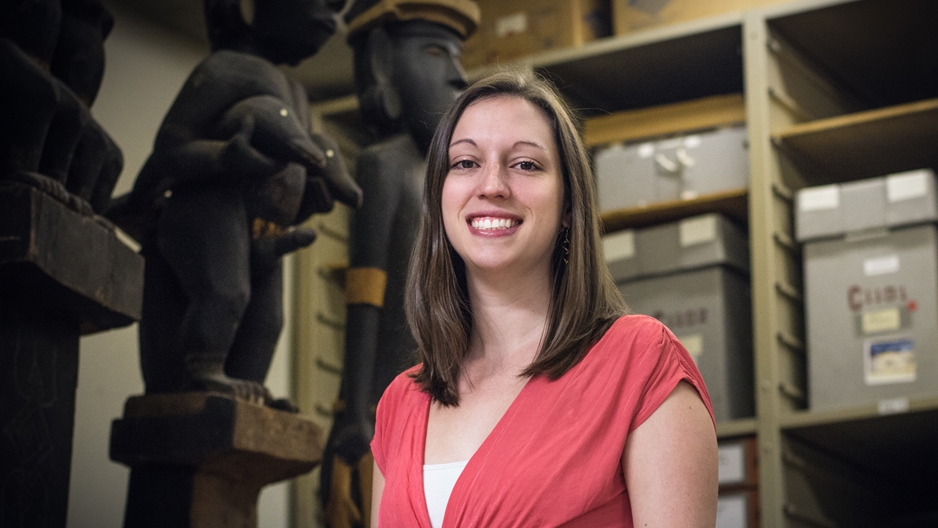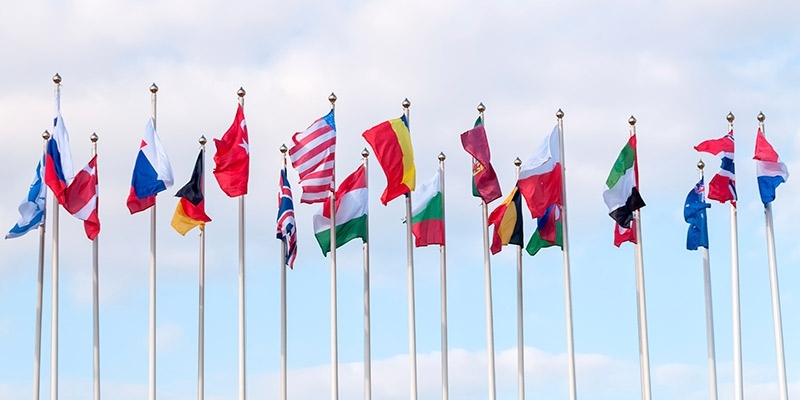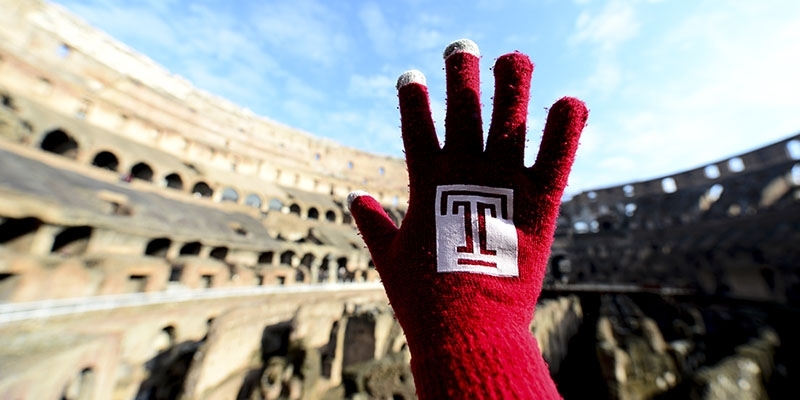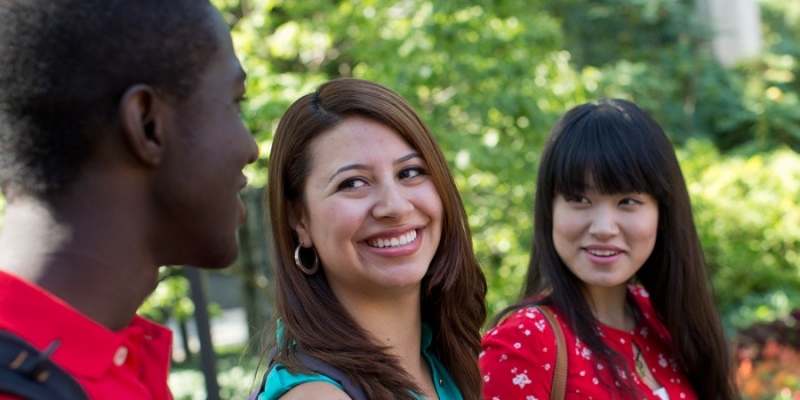A labor of love, from Temple to Peru
A doctoral candidate in the College of Liberal Arts is using her Fulbright-Hays Fellowship to observe artisans in the South American country.

Growing up in a small rural town in Lancaster County, Pennsylvania, Melissa Krug spent summers volunteering at the nearby headquarters of international retailer Ten Thousand Villages. She was exposed to an ecosystem of global products and languages through her work in the company’s warehouse.
“It was so exciting to unwrap the packages shipped to us and see where they came from and the languages on the newspapers used for wrapping,” said Krug. “It certainly spurred my desire to get out and experience the world.”
After college, Krug worked for Ten Thousand Villages as a customer service representative. Now, a linguistic anthropology doctoral student in the College of Liberal Arts at Temple University, Krug will be engaging in research with artisans and staff at a fair trade distribution organization in Lima, Peru.
In January 2017, Krug will move to the capital of the South American country, where she’ll live for 10 months. She will interview, observe and interact with artisans in the city and inland mountainous regions. Her goal is to understand how fair trade impacts these people’s lives and how it may encourage them to preserve their widely spoken, yet endangered, Quechua language.
“I am very interested in how fair trade impacts Peruvians’ language and customs,” said Krug. “My research will help identify how use of their ancestral language is affected by fair trade, and how they may be encouraged to embrace, rather than be stigmatized by, their native tongue. It will help us understand how these artisans change by selling their wares through an organization that empowers them and ensures fair wages.”
Fair trade organizations create opportunities for economically disadvantaged producers, and they are also committed to respecting producers’ cultural identities and ensuring they have safe living and working conditions.
Krug spent several weeks in Lima last summer preparing for her field work. “I can’t wait to get started, visiting workers in their homes or studios—in the city of Lima, in small villages and even in remote locations of the Andes Mountains.”
Artisans’ products, which include ceramics, Christmas ornaments and decorations, clay figurines, knitted gloves, hats and mittens are primarily sold in Australia, Europe and the U.S.
Krug’s expenses will be covered by the Fulbright-Hays Doctoral Dissertation Research Abroad Fellowship, which funds doctoral candidates who conduct dissertation research abroad that deepens knowledge about foreign languages. Temple’s Graduate School helps doctoral students identify and apply for competitive fellowships like the Fulbright-Hays.
“This fellowship is enormously competitive and she is the first Temple student to get a Fulbright-Hays Fellowship in a decade,” said Paul Garrett, associate professor and director of graduate studies for the Department of Anthropology and Krug’s dissertation advisor. “To the best of my knowledge, she will be the first linguistic anthropologist ever to study fair trade and its effects on language maintenance and language revitalization. I am very proud of her accomplishments.”
—Hedy Taub Baker


